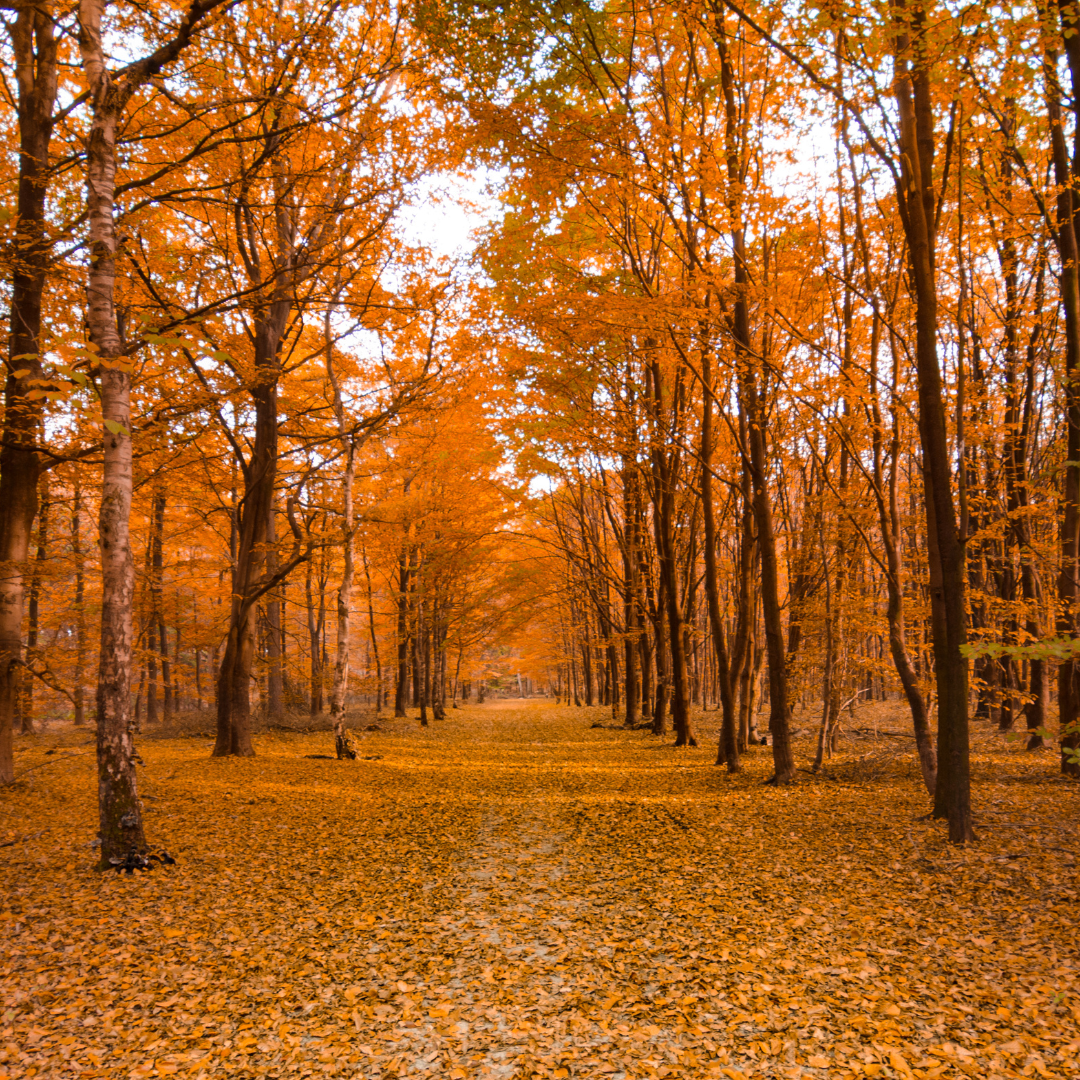Fall is now in full effect, the leaves have changed and heat and humidity have been replaced by lower temperatures and a chilly breeze. Depending on your preference, this is either exciting news or an unwelcome sight. One thing we can all agree on, though, is that fighting fall allergy symptoms can be deeply unpleasant. This time of year sees high levels of allergens, which impact the air quality around you. If you suffer from seasonal allergies, unwanted runny noses, coughs, and sore throats can be a real nuisance to your day-to-day health.

Fortunately, there are a fair number of ways to prepare for fall allergy season. Some are well-known, some are easy to access over the counter, and some are embedded in history. In situations like these, where your health and air quality are impacted, whatever works for you personally is often the best treatment.
What’s Going On With My Allergies?
Simply put, allergies are your immune system’s reaction to various substances. Everyone’s body is different and so are their reactions to allergens. Many people will never suffer from an allergy. For others, one brush with an allergen can lead to detrimental symptoms and potentially fatal consequences. The way your body reacts is attributed to two things: environment and genetics.

Genetic predispositions to certain allergies are, unfortunately, not preventable. For lack of a better term, some people’s allergic reactions are simply luck of the draw. Environmental factors, however, can often at least be mitigated. Scientists have hypothesized that due to industrialization and its impact, humans have become more likely to suffer from allergies. These effects, like pollution and toxic emissions, contribute to a declining level of air quality across the world. These low levels of air quality affect not just allergies, but overall health and wellness.
Why Are Allergy Symptoms so Bad in the Fall?
Early fall is a notoriously bad time for those with allergies, where the issue gets exacerbated by the high levels of allergens that make their way into the air. Plant-related allergens, in particular, become prominent during this time of the year. While normal allergens, like those from oak trees, are prevalent year-round, the real culprit is the ragweed pollen that comes out most noticeably in the fall. It is estimated that as many as 1 in 5 Americans suffer from ragweed allergies. This means that tens of millions of Americans are disproportionately affected by allergies in the fall, while they may be fine during the spring and summer.

On top of the issues with air quality, the rising average temperature of most places due to climate change also has a negative effect on allergy season. Due to the longer amount of time the temperature is hot, the ragweed season is much longer. It is estimated by the Environmental Protection Agency that rising temperatures have contributed to a longer ragweed season by approximately 20 days. Generally, you can see this in the southern United States more than the north, though those also see increased allergens in September, October, November, and December.
Ragweed is not the only allergen contributor that gets worse in the fall. Mold, which is detrimental to air quality, increases during the fall due to the damp leaves that are left on the ground. This causes substantial harm to air quality and increases allergens.
Who Needs to be Careful?
While everyone with allergies should be cognizant that symptoms may worsen during the fall, the elderly should be particularly attentive to air quality and allergen levels in the fall. Although allergies do not pose a severe threat to the vast majority of people, they can contribute to more serious health issues.

For example, the Asthma and Allergy Foundation of America estimates that allergies contribute to 30% of asthma cases in senior citizens. Asthma may not seem too significant of a health concern for most, but it can be a fatal ailment in elderly people, especially those with preexisting conditions. In the case of elderly people, asthma is often a contributing factor in the development of more serious respiratory issues.
What Can You Do to Prevent Allergies?
Fortunately, there are many accessible solutions to issues caused by seasonal allergies and related symptoms. For starters, you should be diligent in washing all bedding, clothes, or towels during this period as they will pick up more allergies than normal. This will impact the air quality of the areas you spend most of your time.
Next, you should consult with your doctor and see if any of the commercially available sprays will help you. For example, a saline solution or nasal spray may make a significant difference in the way you are affected. These sprays also conduct a deep cleanse and prevent any build-up of allergens in your body.
You may want to wear a N95 respirator or mask when you are outside, as they will prevent airborne particles from getting through to your nose and mouth. These masks can be especially important if you are mowing the lawn, raking leaves, or doing other yard work tasks. You are particularly vulnerable to allergens at these times and an N95 mask or respirator can play an important role in preventing you from being exposed. This tip can be particularly important for the elderly if they enjoy gardening or spending time outdoors.
Lastly, purchasing air quality monitors and purifiers, like those offered by WYND, can be an effective way to combat seasonal allergies and remove allergens along with other toxic pollutants. WYND has easy-to-use mobile applications that give you an up-to-date reading of the air quality in the surrounding area whether it be a home or business. While this cannot eliminate all of your exposure to allergens throughout day-to-day life, it can ensure that the places where you spend the most time are healthy for you.

